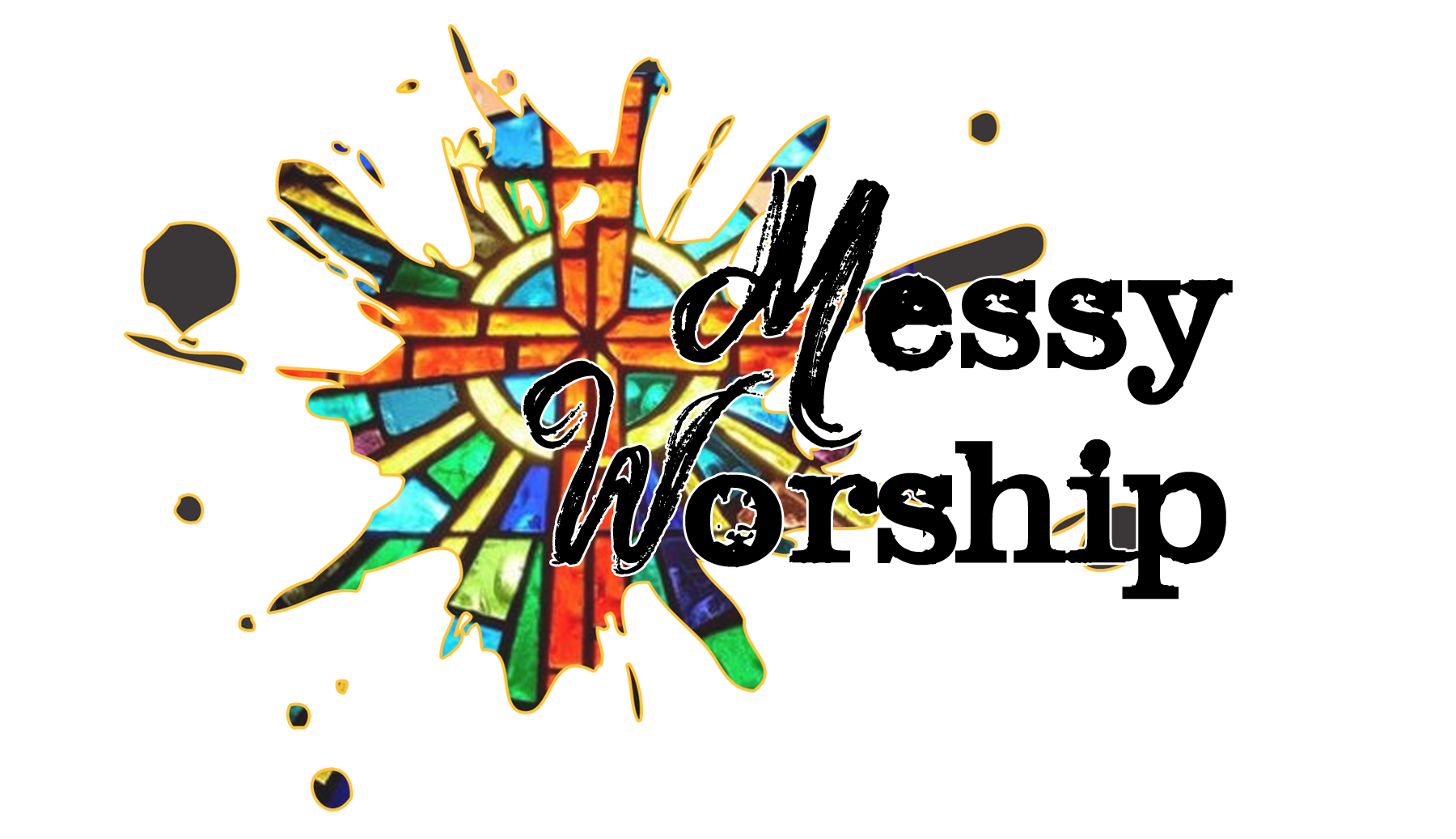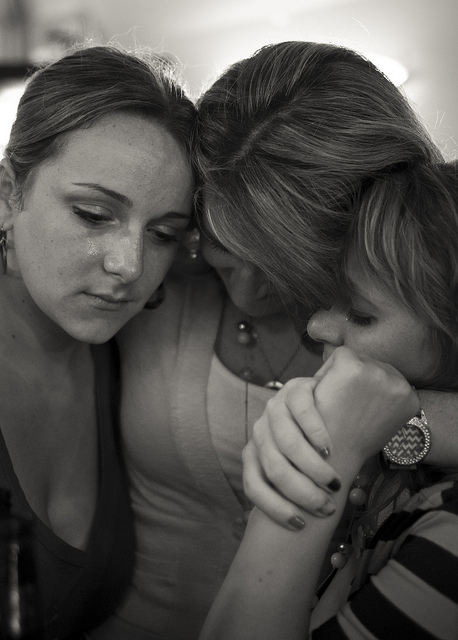As the troops heard of the king’s deep grief for his son,
the joy of that day’s victory was turned into deep sadness.
They crept back into the city as though they were ashamed and had been beaten in battle.
2 Samuel 19:2+3 nlt
___
We were not put on this earth alone; we were created to be relational beings. I’ve noticed that relationships even form within myself – these relationships are built between [my thoughts] and [my words]. Rarely do the things I think stay isolated from my words. Sometimes I am the only one that knows which thoughts are friends with which words and other times they are in a very public courtship. When these relationships get really serious, they get married and have babies. These babies are all named “Action.”
If a thought has been a part of me for long enough to partner with word and result in deed, I’m probably pretty attached to it, just like I am attached to my physical children. I get defensive when my actions are criticized or misunderstood, just like I respond to criticism about my sons. Do the similarities go beyond that? Do I proactively discipline and train my thoughts, words, and actions like I do my children? What do I do with a thought/word/action “child” that is wayward?
David’s son (Absalom) that I referenced in the last post, Crying Over Spills, did end up coming home to his father’s land. Unfortunately, that homecoming ended up being the last joyful event between this father and son, because Absalom still sought rebellion. He led most of his father’s country and people in an uprising, convincing them that he would be the superior king. King David fled, once again, into the wilderness, with those that remained faithful to him. Eventually, King David’s men were put in a position to battle against the rebel forces and Absalom was killed, ending the war. When news of the victory was brought to David, he immediately questioned what became of his son. When they told him that Absalom was dead, he burst into tears and mourned deeply. This response greatly challenged his soldiers and faithful followers who had fought hard to save their brother and King.
As the troops heard of the king’s deep grief for his son, the joy of that day’s victory was turned into deep sadness. They crept back into the city as though they were ashamed and had been beaten in battle. The king covered his face with his hands and kept on weeping, “O my son Absalom! O Absalom, my son, my son!”
Then Joab went to the king’s room and said to him, “We saved your life today and the lives of your sons, your daughters, and your wives and concubines. Yet you act like this, making us feel ashamed, as though we had done something wrong. Now go out there and congratulate the troops, for I swear by the LORD that if you don’t , not a single one of them will remain here tonight. (2 Samuel 19:1-5, 7a nlt)
King David’s son had made horrible choices, but he was still David’s son. David still felt horrible pain at the news of his son’s death. He had every right to mourn. But as he did, look at how he hurt and confused those around him who supported him in this dark time and rescued him from his enemy.
How many times, in my own life, have I had bad habits I needed to battle? Those battles require warriors of prayer to surround me and support me when I grow weak and weary. How many times would I fail if I were left to my own strength? These habits in my life are ingrained and well known by me – as children of mine. A part of me mourns the death of sin, as horrible as it sounds. Change is painful and requires my old life to completely die. This process drives me to pity parties, my own personal form of mourning, and simultaneously drives a wedge of confusion and hurt between me and my supportive, loving community.
As God continually sharpens and purifies me, I will go through seasons of mourning my old life. In that process, I must remember that what God has planned for me is so much better than even my wildest dreams here on earth. It is so important to keep my priorities straight: His joy will be my strength. Even when change is painful and difficult, mourning should be short-lived, and celebrations with loved ones should be loud and long!
We are pressed on every side by troubles, but we are not crushed. We are perplexed, but not driven to despair. We are hunted down, but never abandoned by God. We get knocked down, but we are not destroyed. Through suffering, our bodies continue to share in the death of Jesus so that the life of Jesus may also be seen in our bodies. (2 Corinthians 4:8-10 nlt)
Challenge: When I am drawn towards mourning and pity, remind myself that even in the darkest of times while His Son died on a cross, God celebrated our salvation.
___
Dear Lord, Thank you for giving me the freedom to think, speak and act. Thank you, also, for training and disciplining me in my life so that those thoughts, words and actions can continually grow and better represent who you are in me. Please strengthen me and give me wisdom so that I don’t spend my days mourning my weaknesses and the death that change brings in my life. Fill me with the joy and celebration of your Holy Spirit, instead! Amen








0 Comments